Synopsis
Howard Goodall looks at the fertile musical period between 1650 and 1750, in which many of the musical innovations we take for granted today were invented.
- Programme: Howard Goodall's Story of Music
- Episode: 2: The Age of Invention
- Channel: BBC Two
- Broadcast year: 2013
- Music
Licence: ERA Licence required
UK only
Staff and students of licensed education establishments only
Cannot be adapted
Add Notes
More clips from Howard Goodall's Story of Music

1: The Age of Discovery | Howard Goodall's Story of Music
1: The Age of Discovery | Howard Goodall's Story of Music
Composer Howard Goodall traces the development of music from the religious 'Gregorian' chant to the growth of instr...

3: The Age of Elegance & Sensibility | Howard Goodall's Story of Music
3: The Age of Elegance & Sensibility | Howard Goodall's Story of Music
Howard Goodall looks at the age in which composers went from being the paid servants of princes and ar...

4: The Age of Tragedy | Howard Goodall's Story of Music
4: The Age of Tragedy | Howard Goodall's Story of Music
Howard Goodall examines the music of the middle to late 19th century, in which a craze for operas and music that deal...

5: The Age of Rebellion | Howard Goodall's Story of Music
5: The Age of Rebellion | Howard Goodall's Story of Music
Composer Howard Goodall looks at the period when modernism in music arrived, and when the birth of recorded sound c...

6: The Popular Age | Howard Goodall's Story of Music
6: The Popular Age | Howard Goodall's Story of Music
Composer Howard Goodall looks at the popular age - the last hundred years in music. A period when classical music seemed...
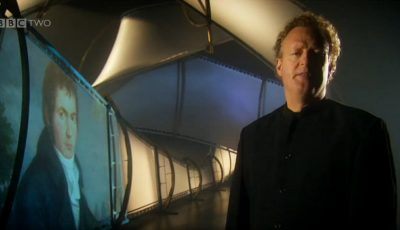
Beethoven's ''Eroica'' | Howard Goodall's Story of Music
Beethoven's ''Eroica'' | Howard Goodall's Story of Music
''Eroica'' was the first sign that Beethoven was breaking away from established musical formulas.
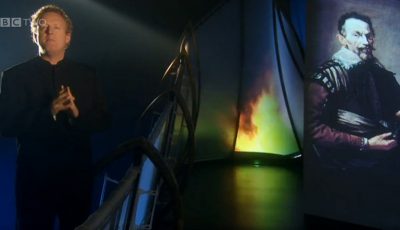
Claudio Monteverdi | Howard Goodall's Story of Music
Claudio Monteverdi | Howard Goodall's Story of Music
Claudio Monteverdi is considered a forefather in the creation of opera.
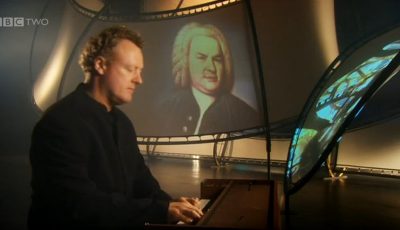
Equal Temperament | Howard Goodall's Story of Music
Equal Temperament | Howard Goodall's Story of Music
Equal temperament allowed the movement of a musical phrase from one key to another or modulation.
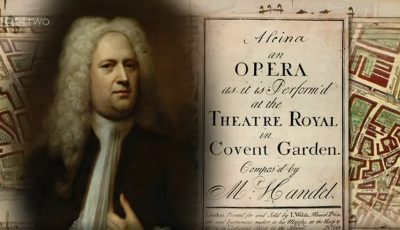
Handel and audience | Howard Goodall's Story of Music
Handel and audience | Howard Goodall's Story of Music
By 1750 a new phenomenon had been introduced to music in the form of an audience. Before then, music performances would...
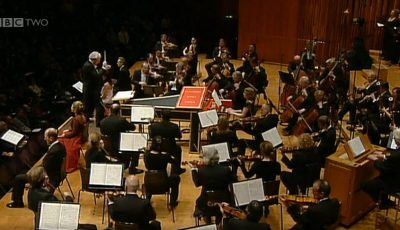
Handel's Oratorios | Howard Goodall's Story of Music
Handel's Oratorios | Howard Goodall's Story of Music
Howard Goodall explains how Handel's Oratorios took influence from many arenas of music to entice and excite his audienc...

Joseph Haydn | Howard Goodall's Story of Music
Joseph Haydn | Howard Goodall's Story of Music
Haydn was notably supportive of his younger contemporaries, like Mozart who was a close friend and Beethoven who was a pupil.
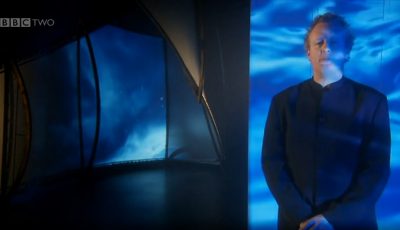
Minimalism | Howard Goodall's Story of Music
Minimalism | Howard Goodall's Story of Music
Influenced by African drumming and Balinese gamelan music, Steve Reich has been described as the most influential classical comp...
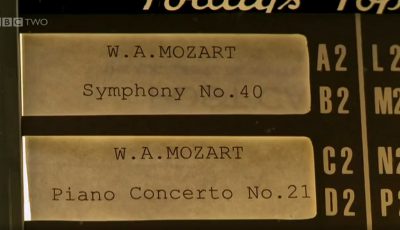
Mozart | Howard Goodall's Story of Music
Mozart | Howard Goodall's Story of Music
Howard Goodall dissects Mozart's ''Dove Sono'' and provides some historical context on some of his other works.

Symphony | Howard Goodall's Story of Music
Symphony | Howard Goodall's Story of Music
Joseph Haydn, the father of the symphony, taught other musicians how to take a simple tune and turn it into 30-40mins of music.

Triads | Howard Goodall's Story of Music
Triads | Howard Goodall's Story of Music
Dunstable created the ever important ''third'', and we know these as major and minor ''thirds''. Howard Goodall explains all.
More resources about The Industrial Revolution
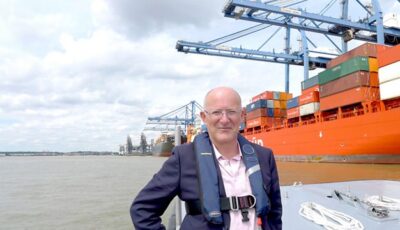
Why the Industrial Revolution Happened Here
Why the Industrial Revolution Happened Here
Professor Jeremy Black explains the unique economic, social and political factors that helped Britain transform itself almost ent...
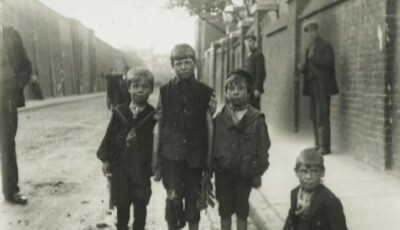
The Children Who Built Victorian Britain
The Children Who Built Victorian Britain
Using animation and actual recorded testimony, historian Jane Humphries tells the story of the child workers whose exploitation was ...
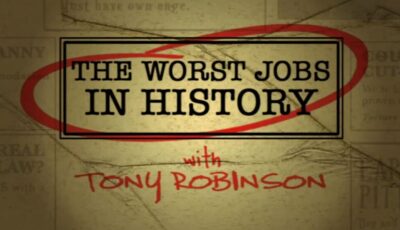
S2E3: The Worst Industrial Jobs in History | The Worst Jobs In History
S2E3: The Worst Industrial Jobs in History | The Worst Jobs In History
Among the Worst Industrial Jobs in History are: Bridge builders, Canal leggers, bone cleaner to make b...
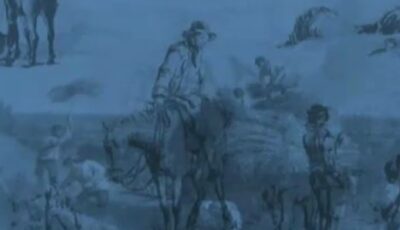
6: 1900-1909 - Britain at its peak? | History File
6: 1900-1909 - Britain at its peak? | History File
Compilation of secondary schools programme on British History 1750-1900. Looks at how industrialisation changed the day-to...

2: Crime and Punishment | History File
2: Crime and Punishment | History File
Compilation of secondary schools programme on British History 1750-1900. Looks at how industrialisation changed the day-to-day lives o...

7: Age of Industry | Andrew Marr's History of the World
7: Age of Industry | Andrew Marr's History of the World
In this episode, Andrew Marr tells how Britain's Industrial Revolution created the modern world.

1: Migration and Emigration | History File
1: Migration and Emigration | History File
Compilation of secondary schools programme on British History 1750-1900. Looks at how industrialisation changed the day-to-day liv...

3: Health and Housing | History File
3: Health and Housing | History File
Compilation of secondary schools programme on British History 1750-1900. Looks at how industrialisation changed the day-to-day lives of ...
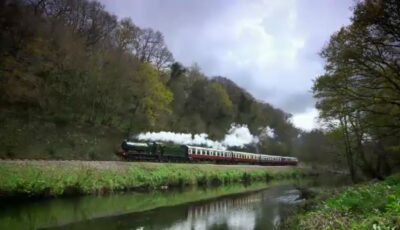
Full Steam Ahead
Full Steam Ahead
Historians Ruth Goodman, Alex Langlands and Peter Ginn explore how the introduction of steam railways in the early 19th century changed Britain.
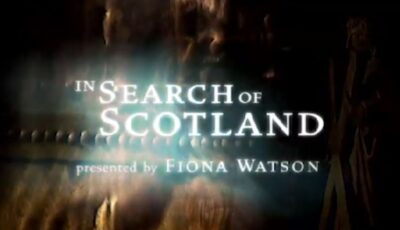
9: The Victorian Achievement | In Search of Scotland
9: The Victorian Achievement | In Search of Scotland
Fiona Watson looks at how the prosperity of cities such as Glasgow and Dundee in the 19th century was tempered by widesp...

Episode 4 | Full Steam Ahead
Episode 4 | Full Steam Ahead
Alex Langlands and Peter Ginn help get the most famous locomotive in the world, the Flying Scotsman, into steam.
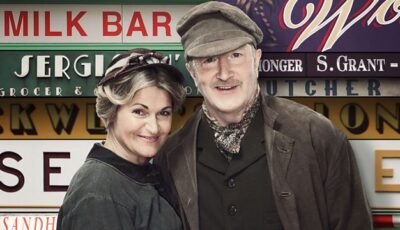
S01E01: Victorian | Turn Back Time
S01E01: Victorian | Turn Back Time
A group of modern shopkeepers and their families live and trade through six key eras of history. They begin their journey in the 1870s, wh...
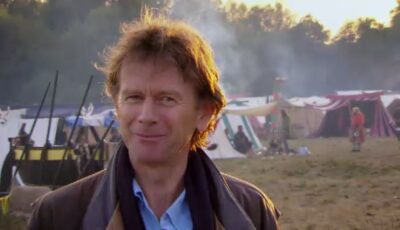
5: Henry VIII to the Industrial Revolution | Michael Wood's Story of England
5: Henry VIII to the Industrial Revolution | Michael Wood's Story of England
A portrait of one village through the whole of English history sees 17th-century dissenters, an ...
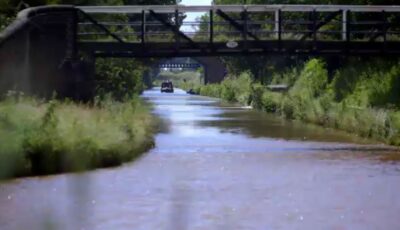
Canals | Learning Zone
Canals | Learning Zone
In the 1770s canals linked the country, carrying goods cheaply and efficiently. Without them it is hard to see how the Industrial Revolution could hav...

Episode 5 | Full Steam Ahead
Episode 5 | Full Steam Ahead
The team visit the South Devon Railway to explore the life of the branch line before the Beeching cuts of the 60s.

Episode 6 | Full Steam Ahead
Episode 6 | Full Steam Ahead
The team find out how more leisure time and cheap rail transport meant more freedom for working-class Victorians.
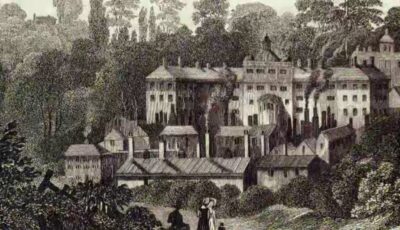
Industry and factories | Learning Zone
Industry and factories | Learning Zone
Today we take factories for granted but in the 1700s they represented a completely new way of working. Until this time most work was d...
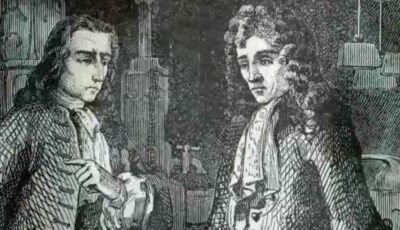
Knowledge | Learning Zone
Knowledge | Learning Zone
A key factor in the Industrial Revolution was knowledge. Britain's political system encouraged scientific thought and freedom to try out scientific...
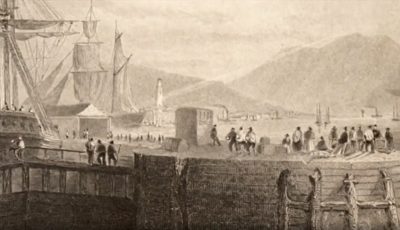
Liverpool cotton trade | A House Through Time
Liverpool cotton trade | A House Through Time
David Olusoga investigates the role Liverpool played in the cotton trade.
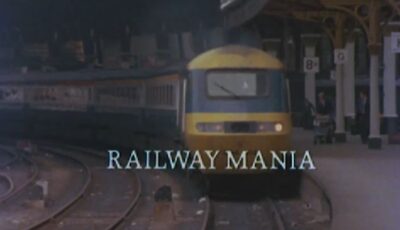
Railway Mania | The Past at Work
Railway Mania | The Past at Work
First transmitted in 1980, Anthony Burton discovers more about Britain's industrial past and the role of railway companies in the 19th Century.
